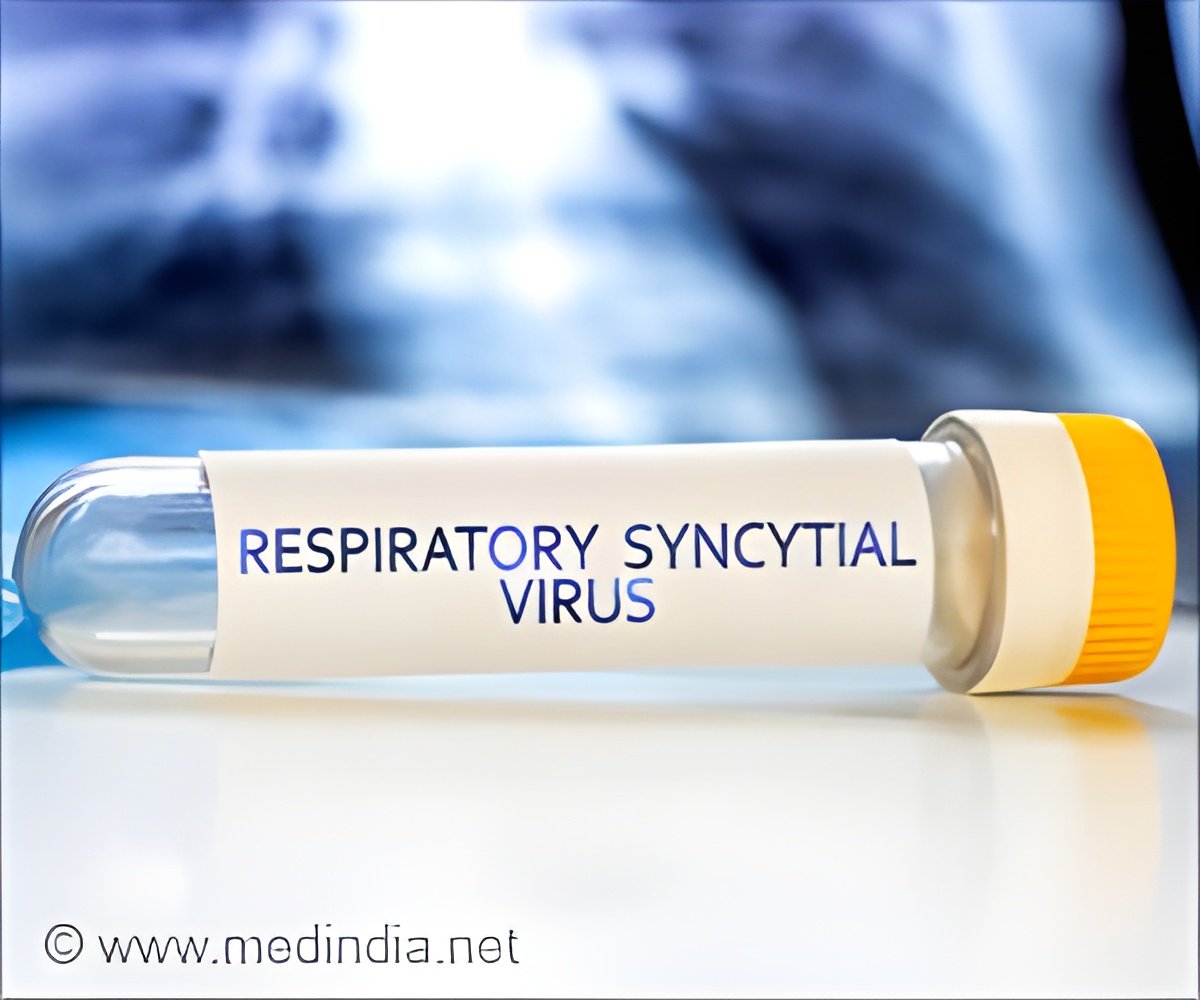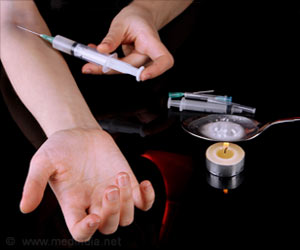A new study by Johns Hopkins Medicine finds that immunocompromised seniors show weaker responses to respiratory syncytial virus (RSV) vaccines than their healthy counterparts.

Vaccines against the respiratory syncytial virus (RSV) are less effective in people 60 years of age or older with compromised immunity, mainly organ transplant recipients who take immunosuppressive drugs to lower the risk of rejection and people with immune system disorders.
Conversely, people in the same age range who have normal immune function usually react more strongly to the vaccine. The Johns Hopkins Transplant Research Center research team’s work was published today in the Journal of the American Medical Association (JAMA)(1✔ ✔Trusted Source
People Who Are Immunocompromised May Not Produce Enough Protective Antibodies Against RSV After Vaccination
).
It is similar to previous research conducted at the center to understand better how impaired individuals’ immune systems react to vaccines against the COVID-19 virus, SARS-CoV-2.
RSV is an infectious pathogen that causes respiratory tract illnesses. Though it is most frequently observed in newborns and young children, it can affect people of any age and can cause more severe respiratory conditions like pneumonia in older people and people with weakened immune systems.
Immunocompromised Seniors Show Varied Responses to RSV Vaccine
“We found that on average, older adults who are immunocompromised developed fewer antibodies against RSV following vaccination as compared with the very strong responses for healthy people over age 60 seen in the clinical trials used to validate the vaccines,” says study lead author Andrew Karaba, M.D., Ph.D., assistant professor of medicine at the Johns Hopkins University School of Medicine.
“Additionally, antibody levels in people who are immunocompromised were highly variable, with some study participants showing strong increases in immunity because of the vaccines while others barely responded.”
The researchers used an ongoing, Johns Hopkins Medicine-led national study — the Emerging Pathogens of Concern in Immunocompromised Persons (EPOC) — to follow 38 people (between ages 64 and 72) who self-reported that they are immunocompromised and received either the RSVPreF3-AS01 (also known as Arexvy) or RSVpreF (also known as Abrysvo) vaccine.
Advertisement
The study group was evenly split between males and females, with 82% being solid organ transplant recipients and 74% taking two or more immunosuppressive medications.
The two vaccines induce the immune system to target a critical protein on the surface of RSV, the F protein, in its pre-infection form, known as pre-fusion F. High levels of antibodies against pre-fusion F, particularly those that neutralize and block RSV from entering cells, are a major contributor to preventing RSV infections.
Advertisement
Although most people are infected by RSV many times in their lives, natural infections do not lead to a sufficient level of virus-neutralizing, anti-pre-fusion F antibodies to prevent reinfections, and perhaps, prevent serious illness.
Adjuvant Boosts RSV Vaccine Response in Immunocompromised Seniors
Both RSV vaccines were designed to solve that shortcoming, and in fact, they have been shown to successfully generate large amounts of pre-fusion F antibodies in trials with healthy adults.
“We suspected that a fundamental difference in the two vaccines —the presence or absence of an immune-stimulating chemical called an adjuvant — might play a role in the variance in immunity, so we looked at that,” says study senior author William Werbel, M.D., PhD, assistant professor of medicine.
Arexvy contains an adjuvant while Abrysvo does not.
“When we compared the antibody responses between those study participants who received Arexvy with those who got Abrysvo, we found that the group receiving the adjuvanted vaccine tended to have higher levels of RSV-neutralizing, anti-pre-fusion F antibodies,” says Werbel.
“So, adjuvant-enhanced vaccines as a means of improving immune response in people who are immunocompromised merits further investigation in larger, more comprehensive studies.”
However, both Karaba and Werbel point out that this study does not suggest RSV vaccines will not reduce RSV disease in people who are immunocompromised.
The U.S. Centers for Disease Control and Prevention (CDC) currently recommends that everyone 75 and older receive a single dose of an RSV vaccine, as well as people 60 or older in groups at high risk of infection by the virus — including people who are immunocompromised.
“As with our previous work with COVID-19 vaccines [which led to the recommendation that people who are immunocompromised get additional vaccine doses to improve protection], we look forward to additional research on RSV vaccine responses that will guide optimized timing and vaccine selection for people who are immunocompromised,” says Karaba.
Reference:
- People Who Are Immunocompromised May Not Produce Enough Protective Antibodies Against RSV After Vaccination- (https:www.hopkinsmedicine.org/news/newsroom/news-releases/2024/12/people-who-are-immunocompromised-may-not-produce-enough-protective-antibodies-against-rsv-after-vaccination)
Source-Eurekalert



